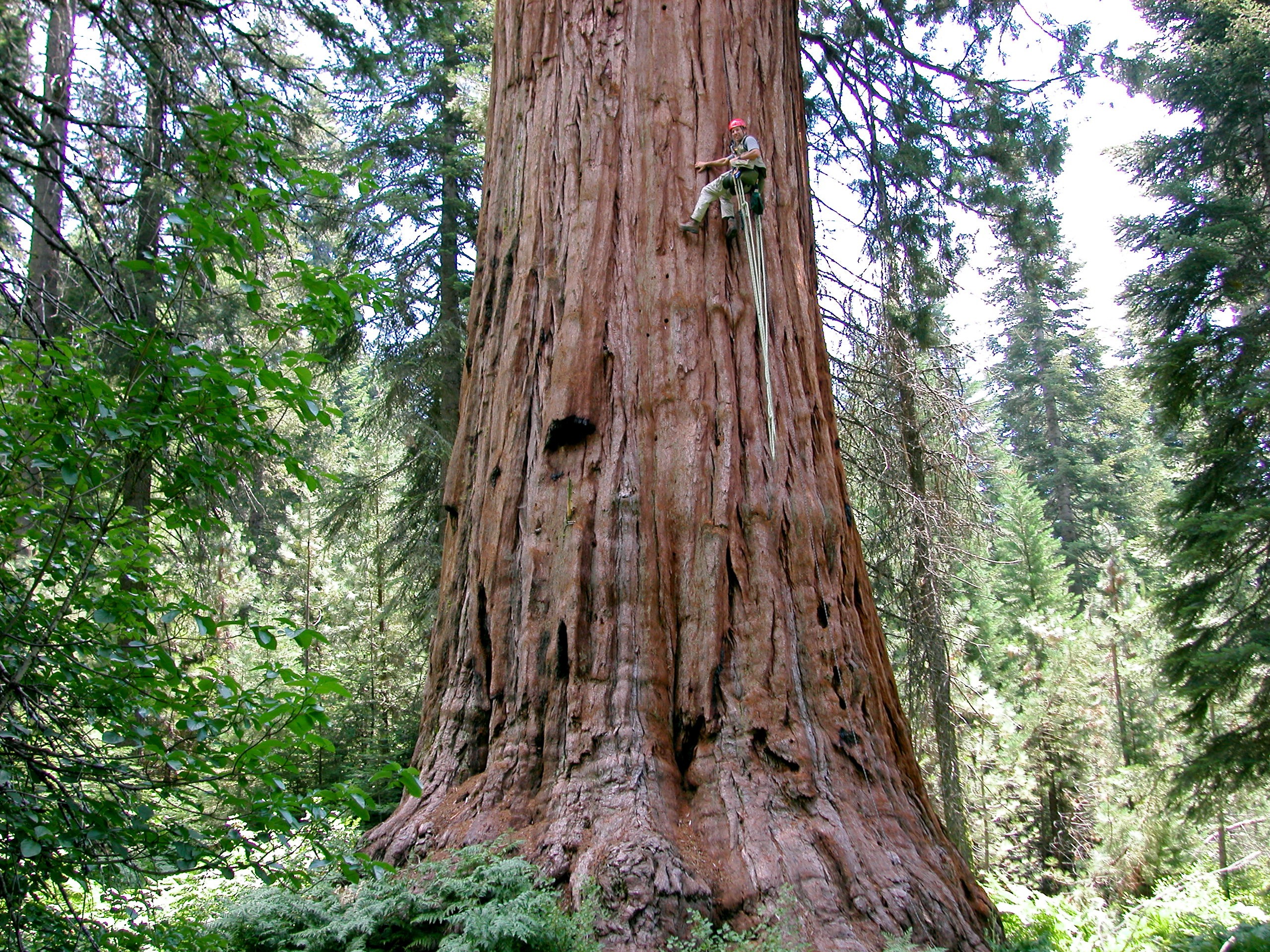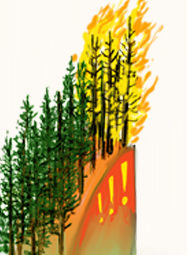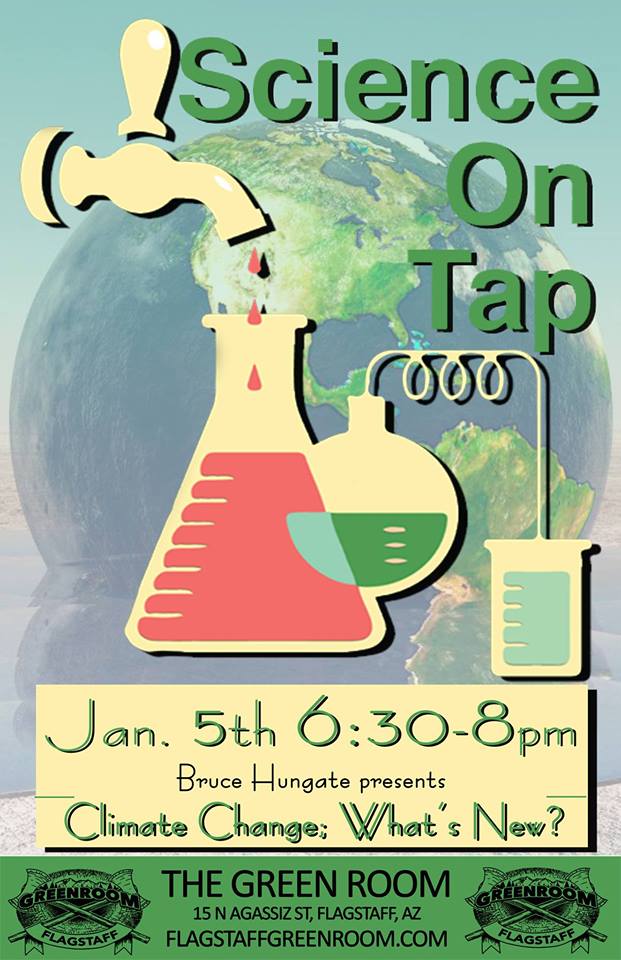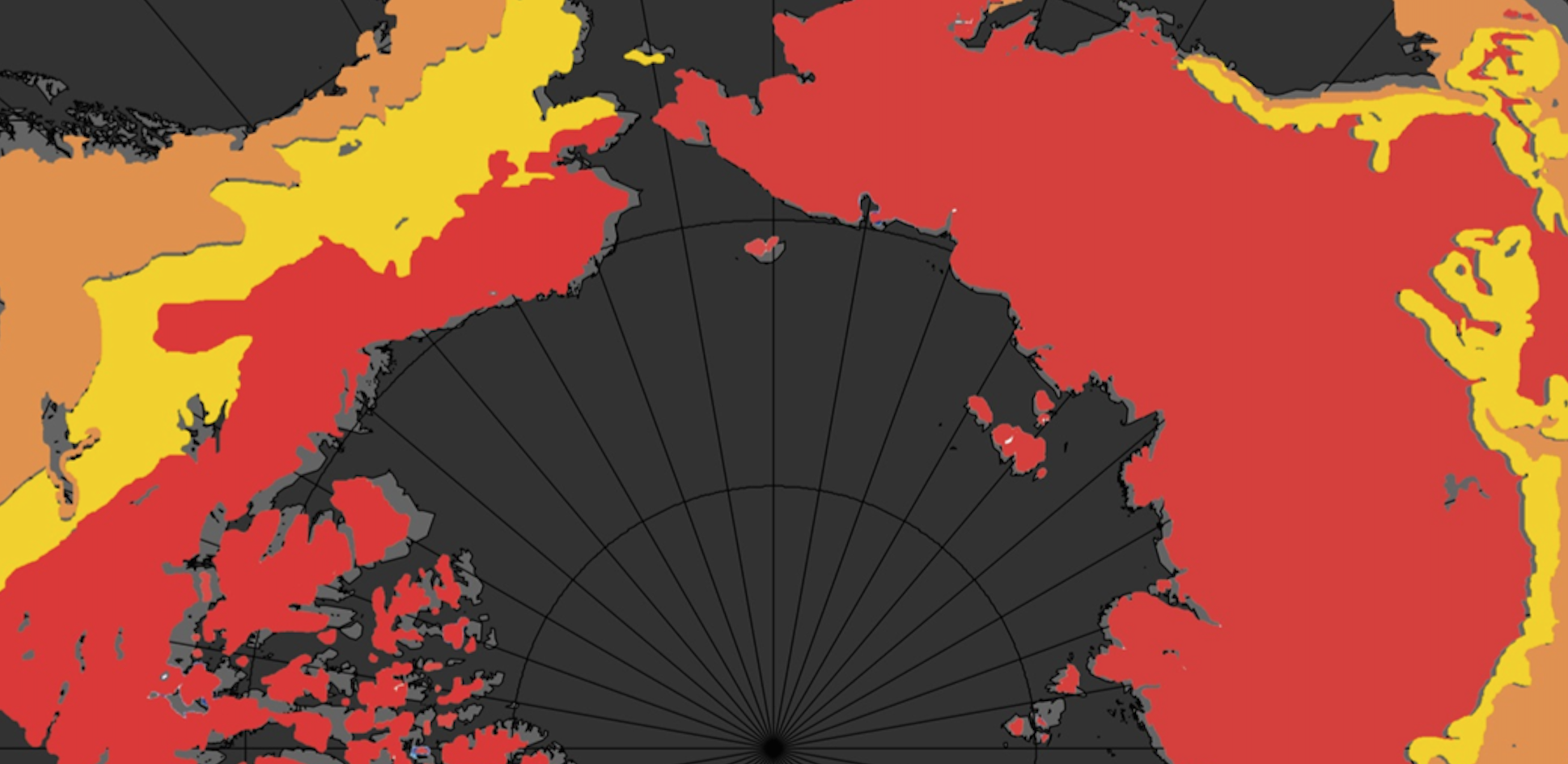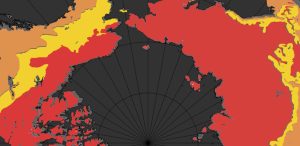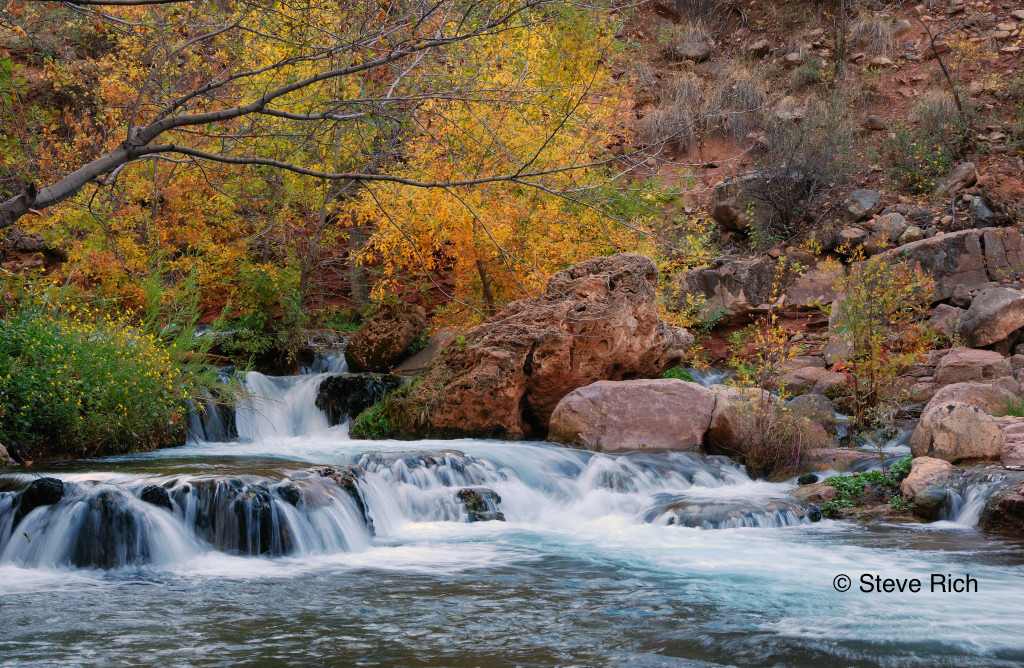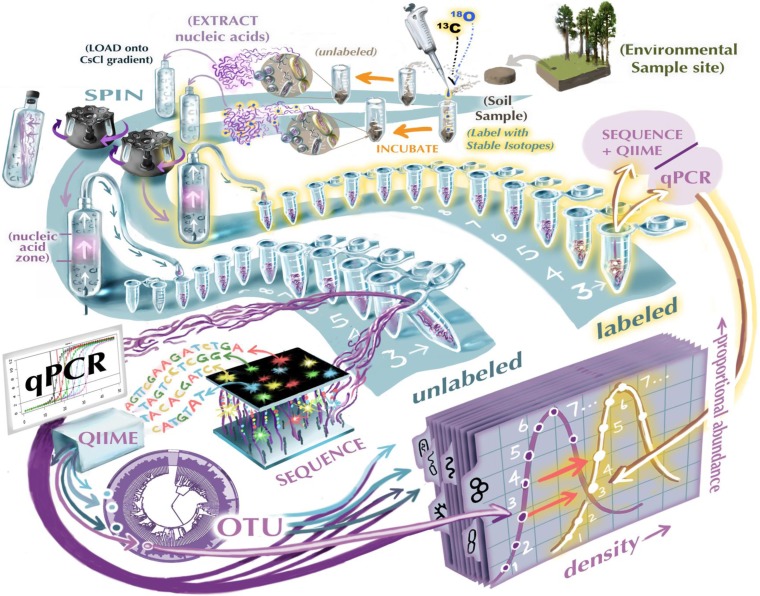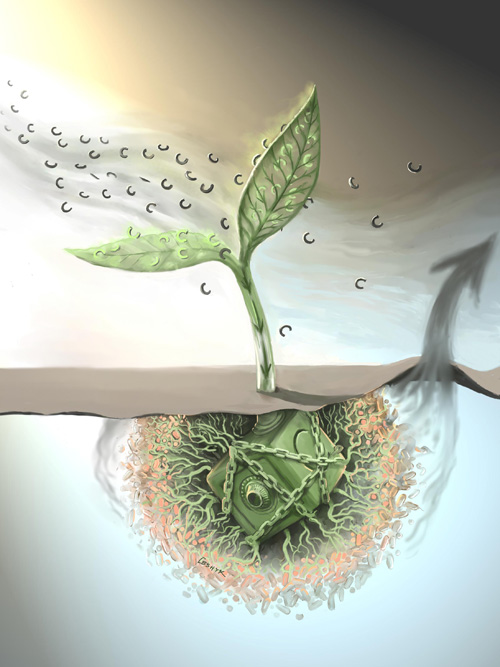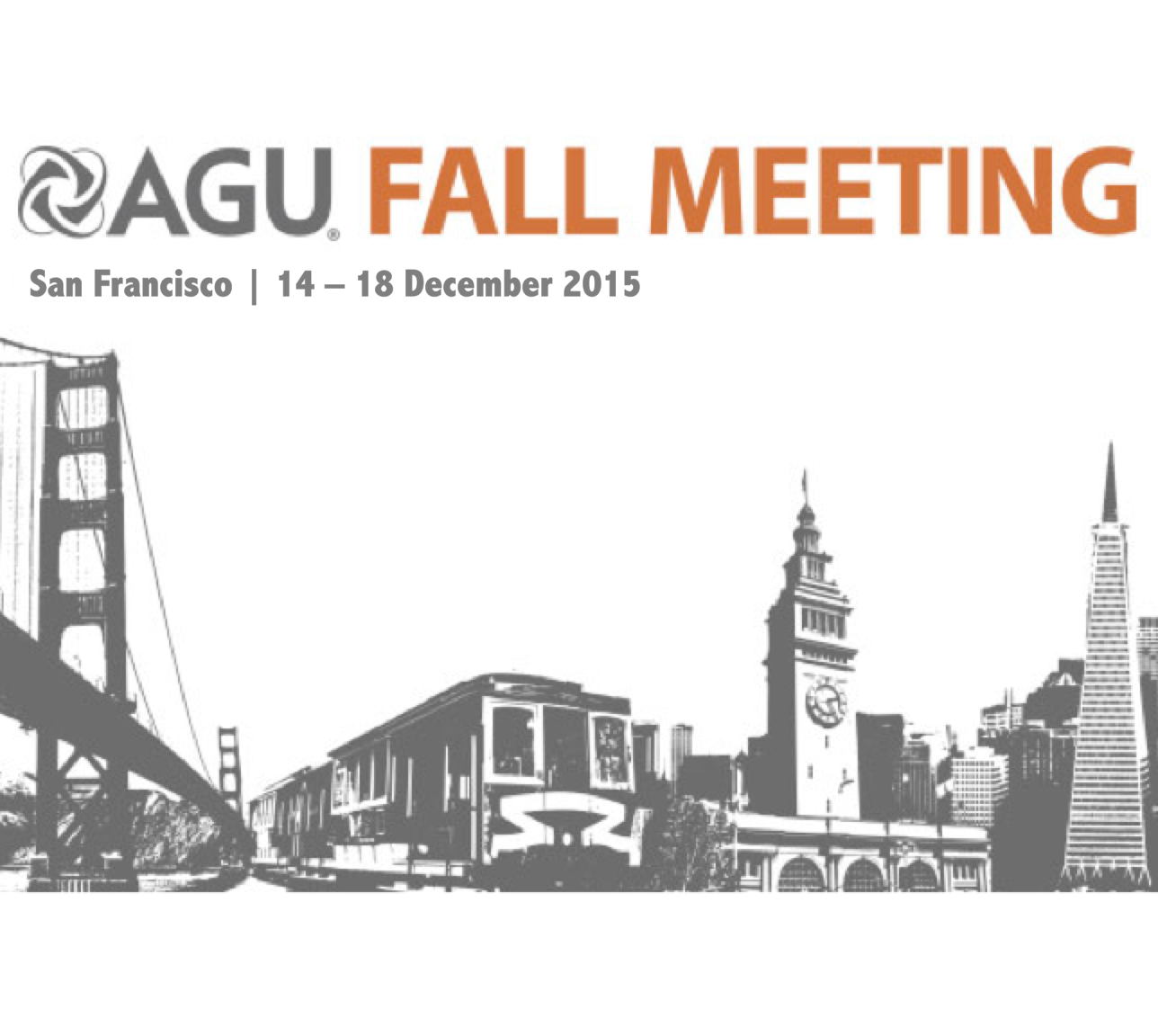A simplified, data-constrained approach to estimate the permafrost carbon–climate feedback
We present an approach to estimate the feedback from large-scale thawing of permafrost soils using a simplified, data-constrained model that combines three elements: soil carbon (C) maps and profiles to identify the distribution and type of C in permafrost soils; incubation experiments to quantify the rates of C lost after […]

